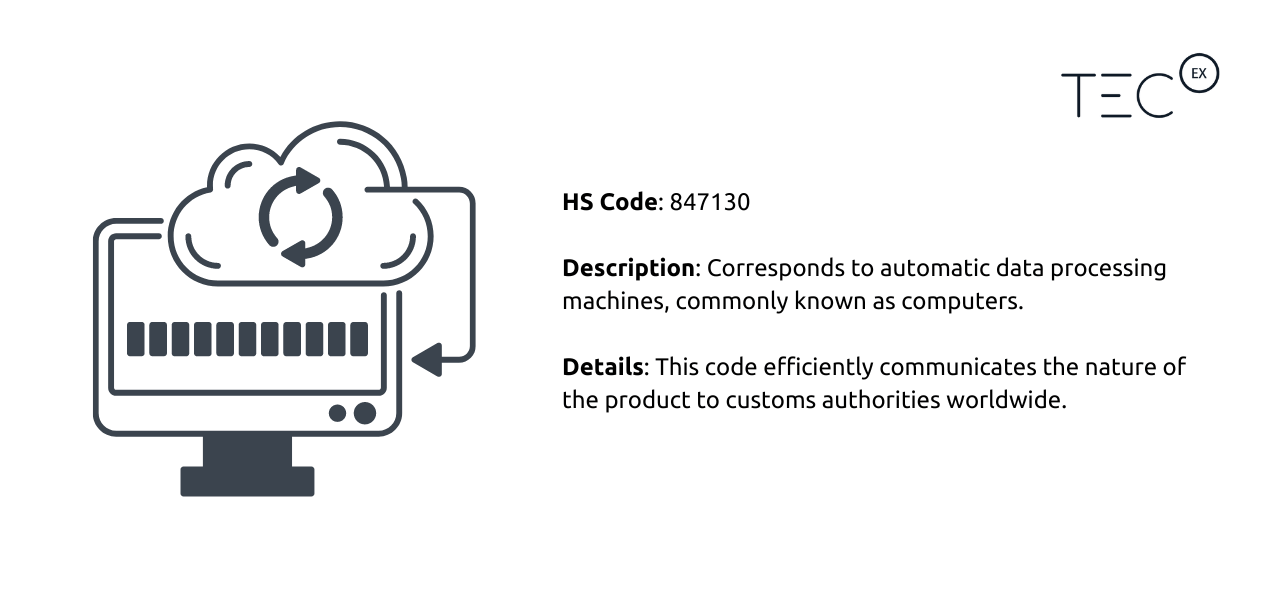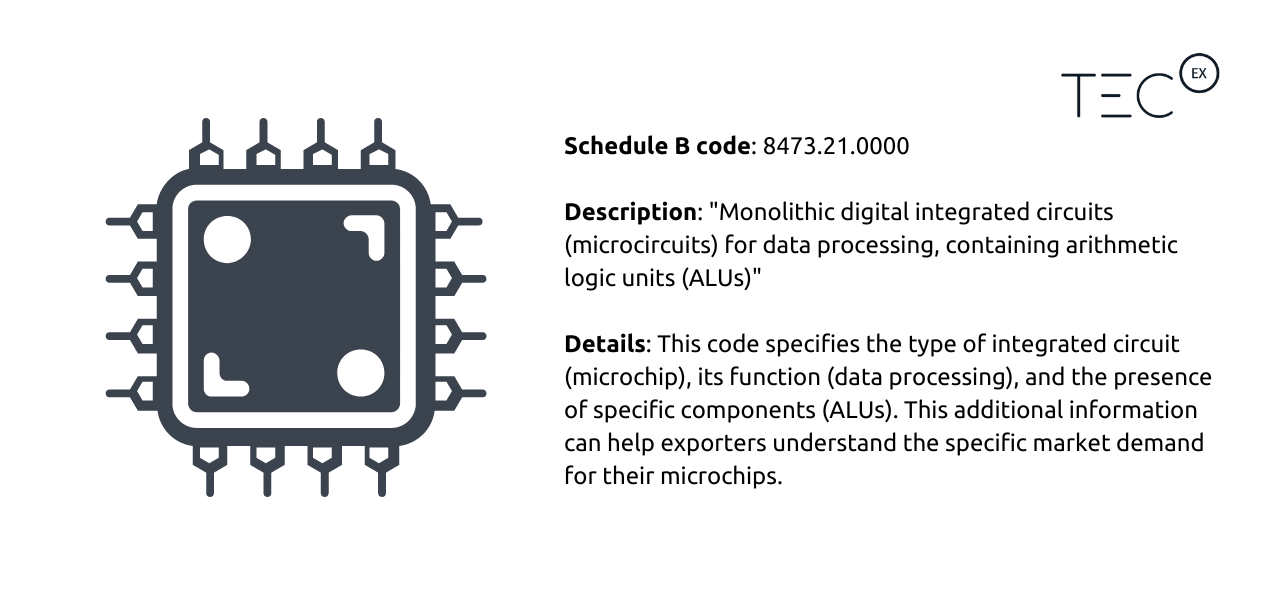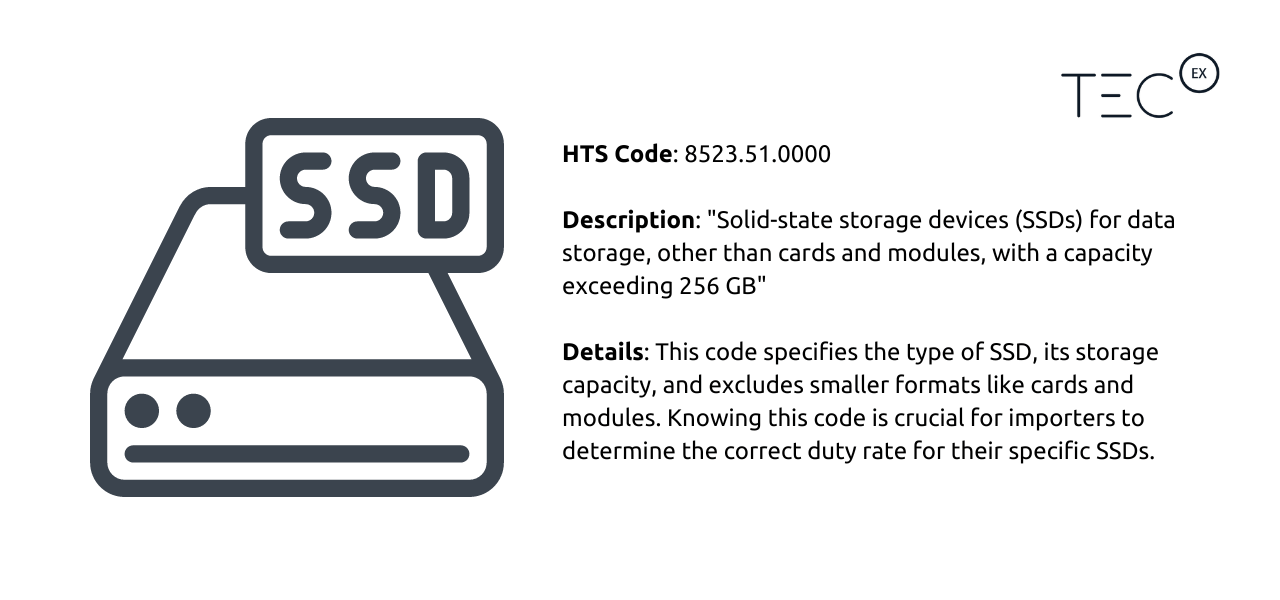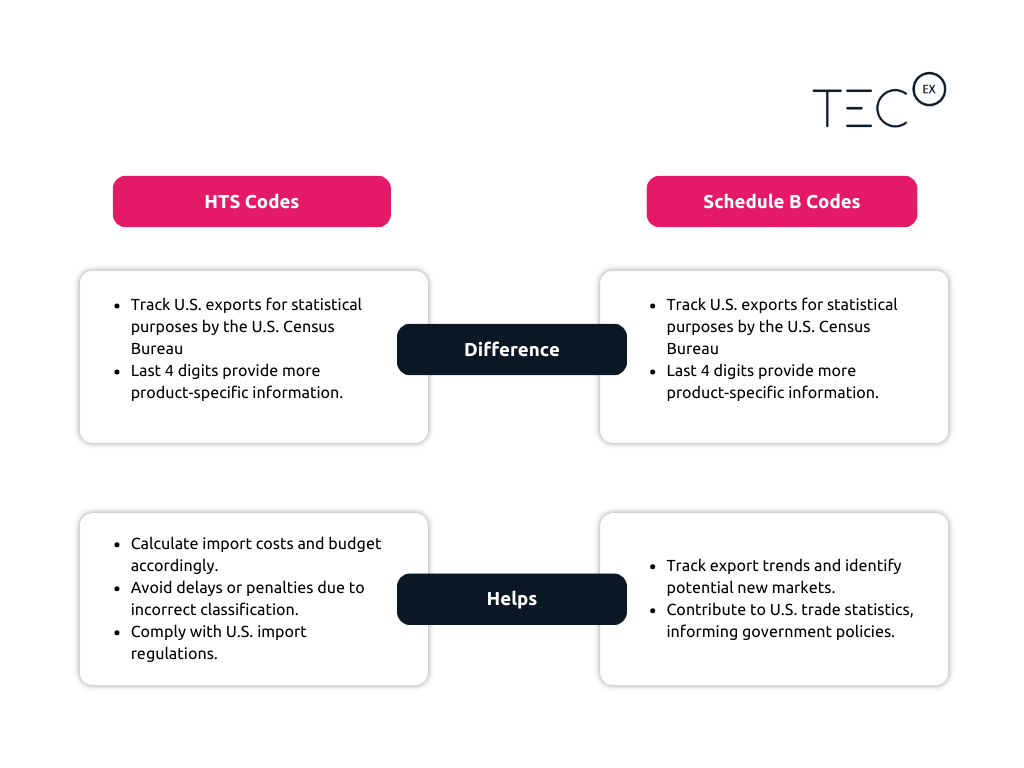Navigating the complexities of international trade requires a deep understanding of various codes and classifications. Three crucial systems in this realm are HS Codes, HTS Codes and Schedule B. Each serves a distinct purpose in facilitating smooth cross-border commerce. In this comprehensive guide, we will delve into the nuances of these codes, unraveling their definitions, functions, and differences.
What is the Difference Between HS Codes, HTS Codes, and Schedule B?
To encapsulate the key distinctions between the harmonized system, Schedule B, and HTS Codes:
| CODE | TRADE PURPOSE | GOVERNED BY | WHEN ARE THEY USED? | LENGTH |
|---|---|---|---|---|
| Harmonized System Code | Global Use | World Customs Organization | Universal classification tool Used to reference classification with anyone outside the US. |
6 Digits |
| HTS Codes | US Imports | US International Trade Commission | These codes are specific to the US and must be used by US importers. HTS codes are not recognized globally. | 10 Digits (HS for first 6 digits) |
| Schedule B Codes | US Exports | US Census Bureau | Companies that export typically use these codes. Schedule B codes are a subset of the HTS codes and are usually an easier way to classify products.
Note: While it is possible to use HTS for export too, it’s important to note that certain HTS codes cannot be used for export. It will be wise to consult your trade partner to avoid any stuck shipments |
10 Digits (HS for first 6 digits) |
What are HS Codes?
Harmonized System (HS) Codes, a globally accepted nomenclature, serve as a foundation for international trade. These codes, administered by the World Customs Organization (WCO), categorize products for customs purposes. If you need more details on HS Codes, check out our detailed guide.

*Disclaimer: examples are for illustrative purposes only. The specific codes applicable to your tech products will depend on various factors like their technical specifications, materials, and intended use. Consult the latest resources and/or your trade partners to ensure accuracy with your specific shipment.
What are Schedule B Codes?
Schedule B codes, predominantly used in the United States, complement HS codes by offering additional details tailored to U.S. trade requirements.
Schedule B versus HS Codes | Function and Relation
While Schedule B codes often share the first six digits with their HS counterparts, the additional digits provide a more granular classification, aiding in precise product identification. They serve a critical role in U.S. export monitoring.
Schedule B codes are used by U.S. exporters to track and classify exported goods. They are not used for determining duties or taxes but rather for generating trade statistics by the U.S. Census Bureau. For tech companies exporting from the U.S., the additional details in Schedule B codes can provide valuable insights into export trends and market analysis. These details can help identify potential export opportunities and optimize export strategies.

Understanding Harmonized Tariff Schedule (HTS) Codes
Purpose of HTS Codes
Harmonized Tariff Schedule (HTS) Codes, like Schedule B, share the first six digits with HS codes. However, the additional digits offer more specificity, primarily for the purpose of classifying imports and determining applicable duties and regulations.
HTS codes play a pivotal role in streamlining the customs process, ensuring accurate assessment of tariffs, and facilitating compliance with regulatory requirements. For tech products, the specific HTS code can significantly impact the cost of importing.

How do HTS Codes differ from Schedule B?
While HS codes provide a universal language for international trade, HTS codes and Schedule B codes delve deeper, catering specifically to U.S. imports and exports, respectively. Understanding these systems is crucial for tech companies engaging in international trade.
Key Differences between HTS Codes and Schedule B Codes and their impact on tech companies are:

Which code to use: HTS Code or Schedule B Code?
While you can use an HTS code in place of a Schedule B code for US exports, you cannot use a Schedule B code in place of an HTS code for US imports. As a result, you should prioritize Schedule B codes if you are a US exporter. On the other hand, if you are planning to import into the US, you should rather focus on HTS codes.
It’s essential to accurately determine the HTS and Schedule B codes for your imported and exported products. To mitigate the risks of misclassification, which could lead to non-compliance penalties and shipment delays, collaborating with an international trade specialist is advisable.
Stay Up To Date on Trade Codes
By understanding the difference between HTS codes and Schedule B codes, your tech goods can enjoy smooth import and export operations and compliant trade practices, all while contributing to accurate data for statistical purposes.
However, international trade is a complex process, and identifying the correct codes for all your goods can become overwhelming. Also, bear in mind if an HTS code or Schedule B code is missing or incorrect, customs might hold your tech gear for clarification, leading to stuck shipments while you try to rectify the issue. Seeking assistance from global trade professionals is therefore highly recommended.
Furthermore, as most international trade regulations and procedures are subject to updates and revisions, the same applies to HTS codes and Schedule B codes. Staying updated on these coding systems ensures seamless cross-border transactions.
Contact Us, Your Trusted Trade Partner
For seamless international trade, leverage TecEx’s extensive expertise. Our compliance database, enriched with years of experience and a meticulous approach to all tech goods, ensures your shipments sail smoothly through the complexities of HTS Codes and Schedule B. Don’t let the burden of manual updates and potential delays weigh you down. Connect with TecEx today, where efficiency meets expertise. Trade confidently, trade with TecEx!
What is the HTS code?
Harmonized Tariff Schedule (HTS) Codes are used in the United States to classify imports for duties and regulations. They share the first six digits with HS Codes but provide additional specificity.
When do I need an HTS code?
You need an HTS code whenever you are importing goods into the United States. It is a crucial element in the import process. If you are unsure about the need for an HTS code in your specific situation, it’s always best to seek professional guidance.
What is Schedule B?
Schedule B codes are a U.S.-specific extension of HS Codes, offering more detailed classifications for the purpose of export monitoring.
When do I need a Schedule B code?
You will need a Schedule B code if you are exporting goods from the United States. Schedule B codes are not required for imports or for any domestic transactions within the U.S.



